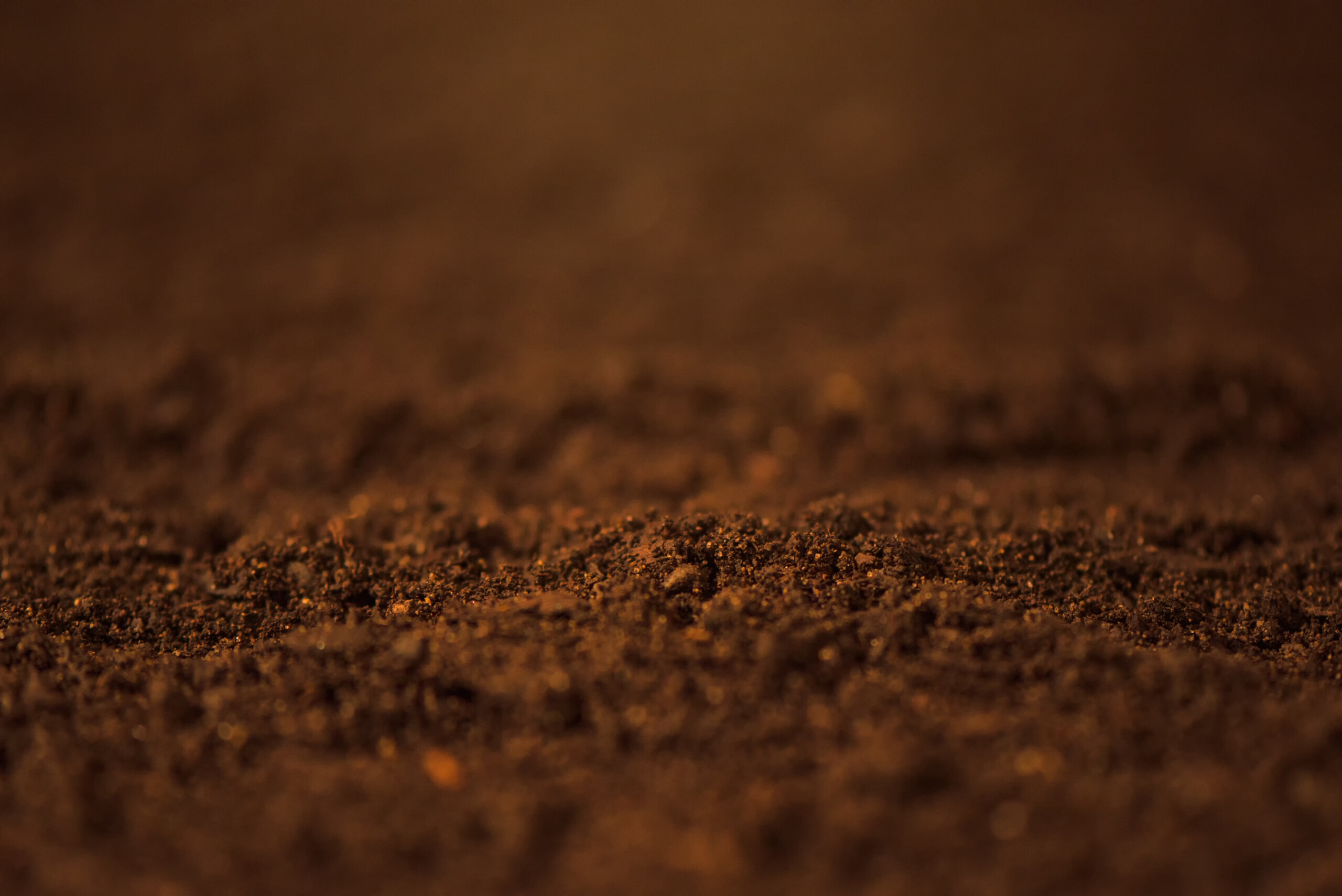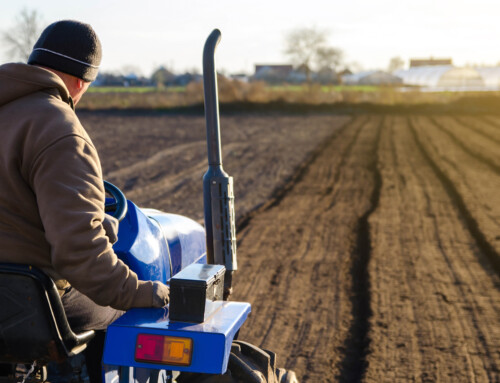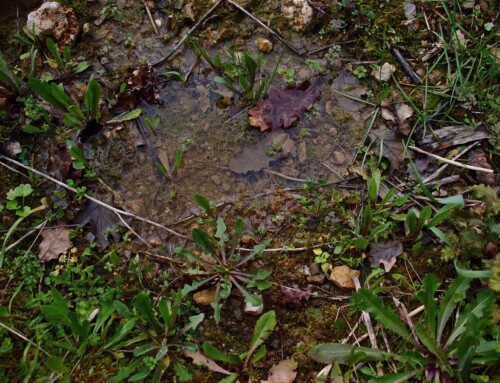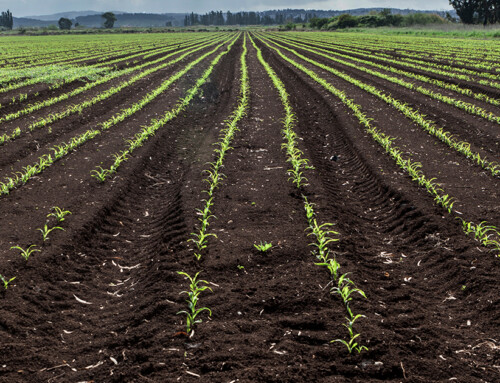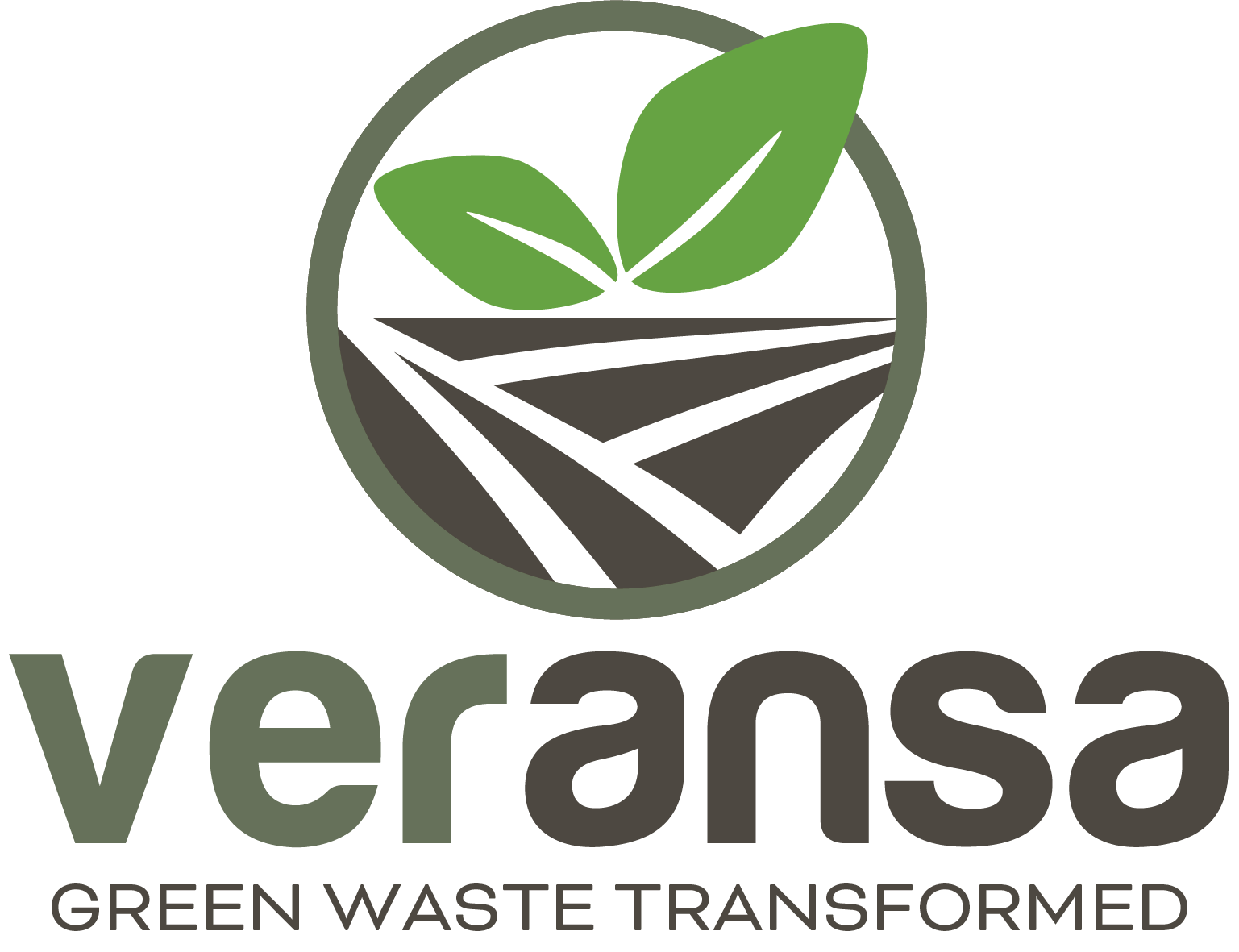Composting is hardly a new concept, as it has been used for centuries to help gardeners and farmers to coax more production out of their fields and gardens. In fact, archaeologists have evidence of Roman farmers applying composting methods to their efforts as early as 23 AD. By the 1920s, composting was common practice in Europe and India, finally reaching the United States. However, composting is experiencing newfound popularity as the world sets its sights on sustainability and eco-friendly practices. Utilizing organic compost allows amateurs and professionals alike to maintain fertile soil and cultivate healthy plants. This article will explore the basics and benefits of organic composting.
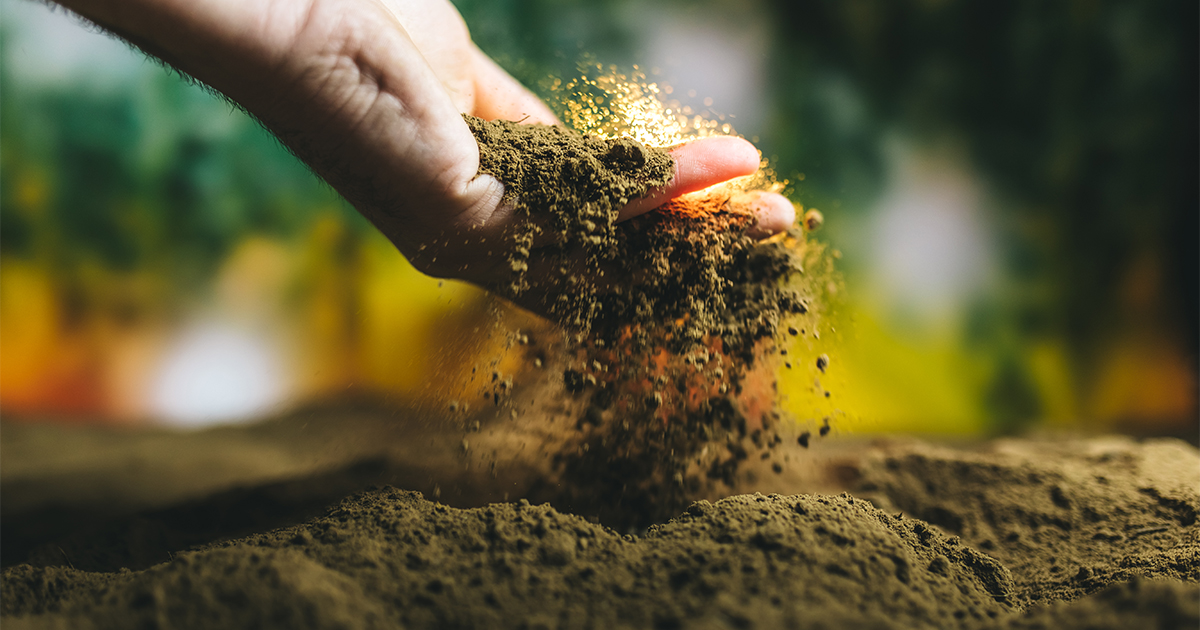
What Exactly is Organic Compost?
Organic compost is comprised of decomposed organic matter that is broken down over time by various fungal and microbial agents.
Organic matter is defined as anything that contains carbon-based compounds, whether dead or living. Examples include grass clippings, wood waste, and kitchen waste, such as fruit and vegetables. Organic matter also contains living organisms, such as bacteria, fungi, and other microorganisms. It is estimated that between 2% and 10% of soil is organic matter.
Organic matter keeps the ground moist and produces nutrients for plants and beneficial microbes. When organic matter decomposes, it releases essential plant nutrients like nitrogen, phosphorus, and potassium.
Therefore, organic compost is added to existing soil to improve its overall quality and texture. It conditions and fertilizes the soil, helps to minimize compaction, and increases the soil’s ability to retain available air and water. By utilizing organic compost in any agricultural or horticultural process, you are encouraging and supporting the development of a sustainable, chemical-free environment.
Fast Fact: The ideal texture of compost is crumbly and smooth in texture, exhibiting dark, rich coloring.
The Many Benefits of Using Organic Compost
We are confident that once you learn about the significant benefits of adding organic compost to your soil, you won’t ever want to be without it. These benefits include:
- Retaining moisture in the soil for an extended length of time, reducing irrigation requirements
- Cultivating more aerated soil, facilitating the effective distribution of water and nutrients
- Providing the 3 most essential macronutrients – N, P, and K (Nitrogen, Phosphorus, and Potassium)
- Contributing high amounts of trace elements such as calcium, magnesium, iron, and zinc
- Sequestering carbon in the soil, improving soil quality and fertility
- Reducing greenhouse gas emissions
- Delivering high-value organic matter to crops and plants
- Balancing soil pH
- Providing natural soil organisms such as worms to support a healthy garden or crop
- Reducing soil erosion by binding organic matter to small particles of soil, rendering the soil more resistant to wind and water
- Encouraging beneficial worms and bacteria, which break down organic matter and release nutrients, to better thrive in the existing soil.
- Minimizing the need for pesticides and chemical fertilizers
You may be surprised to learn that many of the waste materials we dispose of can actually be used to significantly improve our local and regional environment. However, if you are not interested in creating your own organic compost, you can still utilize this product to benefit your gardening efforts.
The Veransa Group recycles yard waste, green waste, and wood waste into eco-friendly soil amendments such as organic compost. We work with municipalities and homeowners to collect, process, and repurpose yard waste, whether generated from normal yard work or the aftermath of a storm. By transforming these materials into sustainable products, we keep waste out of landfills and help to protect Florida’s wetlands and ecosystems.
To learn more about our mission, our processes, and our products, click here to view Veransa’s website.

